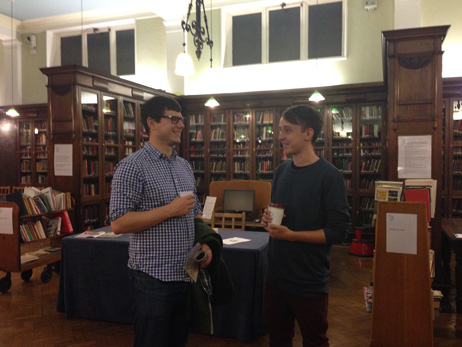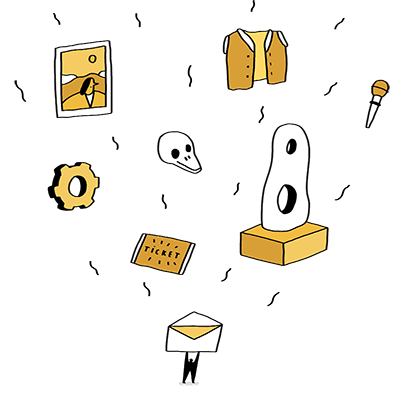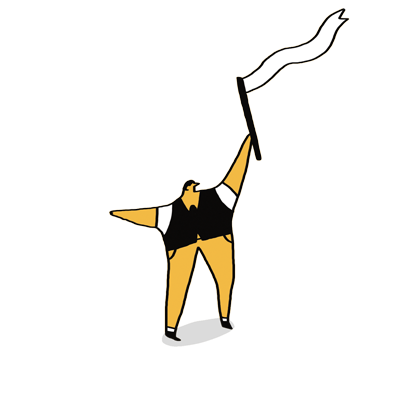Having been a member of a Working Man’s club, and always being fascinated by the culture behind social clubs, when Ross suggested we go to a talk at the Bishopsgate Institute for a talk on the social history of Working Men’s clubs, I instantly wanted to go.
Not Just Beer and Bingo! A social history of working men’s clubs

When I was 15 I moved from the relatively urban town of Croydon to a small village with just a small post office, a greengrocers and a Working Man’s club. I didn’t know what a Working Man’s club was, and didn’t find out until I was 19 when a friend invited me along.
I was, for some reason, nervous, there seemed to be something of a secret society about “The Club”. I was signed in and entered, what at first glance seemed to me, a normal pub.
But I began to notice things were a little different. There was a notice board with posters for local events and one for the clubs weekly “meat raffle”, kids were running around playing happily with one another, and there seemed to be a real sense of community.
In recent years, whenever I’ve been back to the club, I’ve noticed numbers have dwindled and the sense off community isn’t as strong as it once was, so I was curious as to what Ruth Cherrington had to say on the subject.
Ruth’s own club had burned down just 5 weeks before the lecture, so there was a something of a nostalgic feel to the evening, and a cry for people to not give up on the social club.
The lecture was part of a series of events at the institute named Girls & Boys. It was held in the library of the institute, which really is beautiful. Surrounded by a selection of books about labour and socialist history, the lecture set out to discuss the history of the clubs, why they were set up, and how women came to find a place in them.
Ruth explained the history, and why the clubs were set up, as a place for working men to socialise, outside of the pubs. Interestingly we were told that many of the clubs were set up as teetotal venues with the emphasis on leisure activities such as games and reading, some clubs even had libraries set up which members could borrow books from.
As the lecture continued we learnt more about the history and I did wonder how the talk found its way onto the Girls & Boys series, Ruth spoke of the role women played in the clubs, but I feel it was shoehorned in a little bit, just to fit in with the theme of the series.
It seemed the point of this lecture was mainly to educate us in the fact the Working Men’s clubs were set up to bring communities together, and to highlight the decline in these institutions across the country. Ruth’s own club had burned down just 5 weeks before the lecture, so there was a something of a nostalgic feel to the evening, and a cry for people to not give up on the social club.
Although I’m not sure it fit in with the theme of the series it was a part of, I don’t think that really mattered, I found the lecture interesting and insightful, enough to perhaps make a couple of people in the audience interested enough to go to their local club and see first hand what they’re all about.

